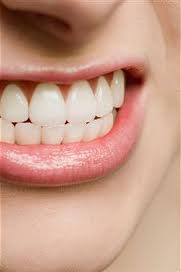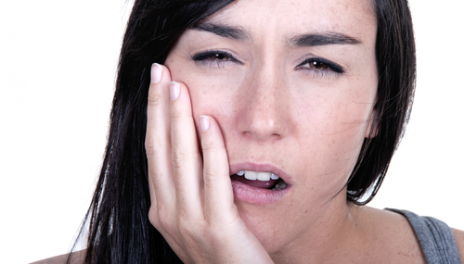Do you grind your teeth often, usually without being aware of doing so? In all likelihood, you have a medical condition called bruxism. While this condition is not fatal, it can still cause much damage to you teeth, jaws, and the entire dental structure. It is important to learn what is bruxism, as this condition can occur in anyone at any age.

What is Bruxism? – Some Facts About The Condition
- Bruxism is the medical term that refers to the clenching of jaws or the grinding of teeth. It is called a para functional (outside of normalcy) activity.
- It is a habitual and more importantly, an involuntary action.
- People with bruxism often clench their teeth while awake, but in most cases of bruxism, the grinding of teeth occurs during sleep.
- Most people grind their teeth at some point in their lives.
- Bruxism can occur at any age. In children, it is usually noted at the time their baby teeth or permanent teeth are coming out.

What Is Bruxism – The Various Types Of This Condition
Bruxism can can be classified into 2 types:
-
Awake Bruxism
Awake bruxism is characterized by the involuntary clenching of the teeth in reaction to certain stimuli when a person is awake. He normally does not grind his teeth in this condition.
-
Sleep Bruxism
This type of bruxism is distinguished by the automatic grinding of teeth during sleep, accompanied by sustained contractions of the jaw muscle.
Bruxism can also be classified as:
- Primary Bruxism
This type of bruxism usually comes with no clear underlying medical condition. - Secondary Bruxism
This type occurs due to a pre-existing medical or psychiatric condition in the patient.
Do I Have Bruxism?
As already mentioned, bruxism occurs unintentionally and unconsciously, so if you have the condition, chances are that you have not noticed it. But your condition might be noticeable to:
- Other people, especially those who sleep in the same room, as they could become aware of the sound you make while grinding your teeth at night
- Your dentist, who can spot the worn out quality of your teeth when you visit your him for a routine check up

Bruxism is not a dangerous disorder. However, depending on the severity and the duration of the condition, it can cause permanent damage to the teeth and result in uncomfortable jaw pain, headaches, or ear aches For this reason, it is important to get dental examinations done periodically, to ensure that bruxism can be diagnosed and treated at the earliest, if present.